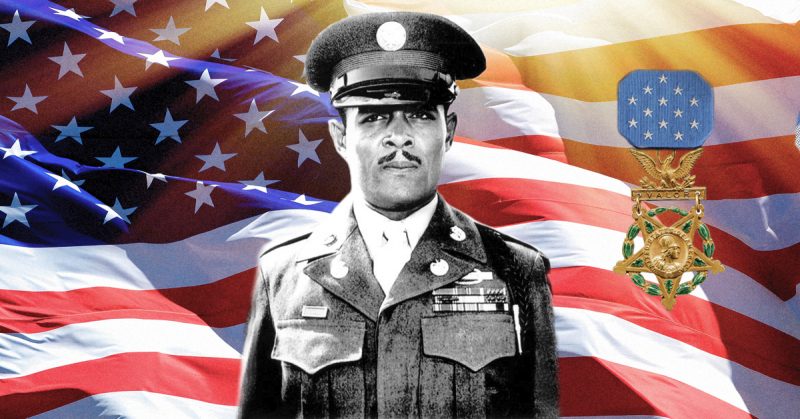One might go so far as to say that the only rule of war is to survive. Committing atrocities against humankind aside, one might argue that anything goes in the struggle to protect one’s life and those with whom they serve. For those who have heard the snap and crack of a bullet flying overhead, there is little doubt as to the appropriate response in return.
Many men have recounted that when the fighting starts, it is no longer about the political cause but simply about the Marine to your left and to your right.
Would you break a “rule” of war to survive, and would you break a “rule” of war to save your fellow warrior? This question was posed to Medal of Honor Recipient Edward Carter when he found himself exposed in a German field holding two prisoners that just moments before had tried to kill him.
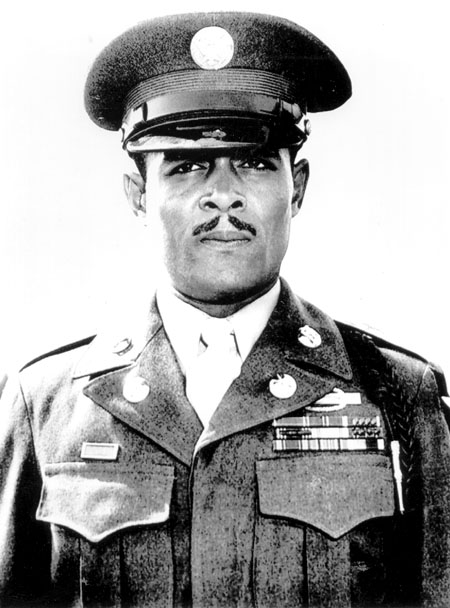
Having already conducted gallant action worthy of the nation’s highest military honor, he began to retreat from the field. In doing so, he decided to use intelligent initiative and use the German prisoners for cover from the Germans firing at him.
Many have accused him of committing a crime, while many have said that he was just trying to survive at all costs. Regardless of which side you take, the story of Medal of Honor recipient Edward Carter is one for the hallowed pages of military history.
Born to Fight
If there was a fight to be had, Edward Carter somehow would find his way to it. Born in 1916, he was the son of an African-American father and an East Indian mother, who both served as missionaries. This life of service would take him to Shanghai, China – which, if you are looking for a fight, is not too bad a place to be.
In 1932, at the young age of 15, he fought on behalf of the Chinese in the Shanghai Incident. It was only when they discovered his age that he was booted from the fight.
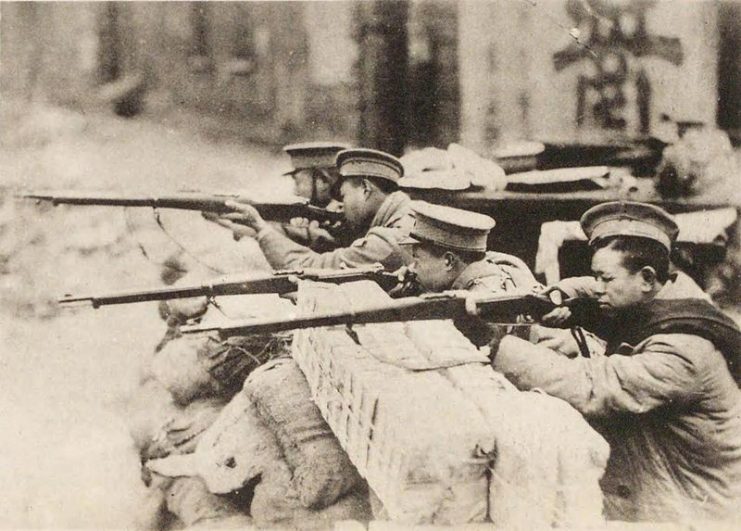
He then traveled around the globe to Spain in 1936 where, again, he would find his way into a fight. He served with the Abraham Lincoln Brigade in the Spanish Civil War until he was forced to flee back to the United States in 1938. With the clouds of war once again gathering, Carter enlisted in the United States Army in 1941.
While his combat experience made him a standout soldier from the start, his world adventures led him to be the subject of Army counterintelligence suspicion. This would carry on until 1944 and hampered his ability to join the fight he so desired.
Unfortunately, due to his race and Army policy at the time, he was placed in supply. So, when Eisenhower created an all-volunteer force of rear echelon elements of any race to join the fight, Carter happily volunteered. The Army would get their money’s worth out of this man.
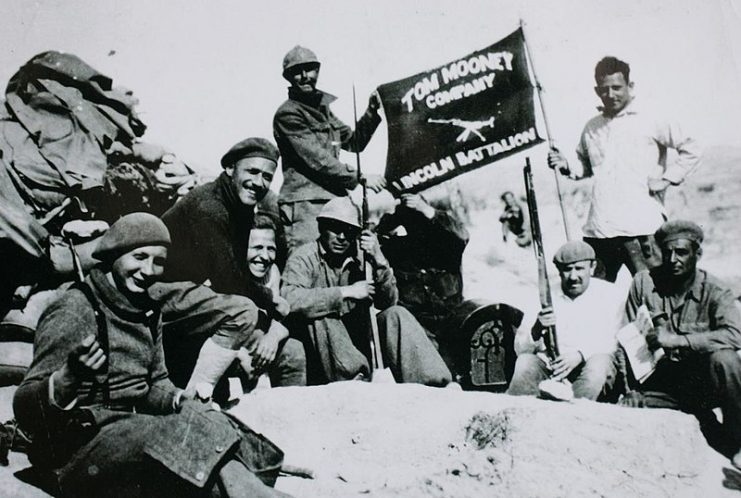
A Gallant or Illegal Act?
In March of 1945, Carter found himself riding on a tank as the allies pressed into Germany. It was then that an unseen bazooka hit the tank and caused it to catch fire. Without hesitation, and drawing upon his previous combat experience, Carter led several men right into the heart of the enemy. During the initial charge, two men were killed and another wounded, leaving only Carter to press on.
During the advance, which was now a solo effort, Carter received five separate wounds before he was forced to seek cover. It was at that time that eight German soldiers decided to move in, in an attempt to capture the wounded man. Little did they know that they were making a terrible mistake they would all come to regret.
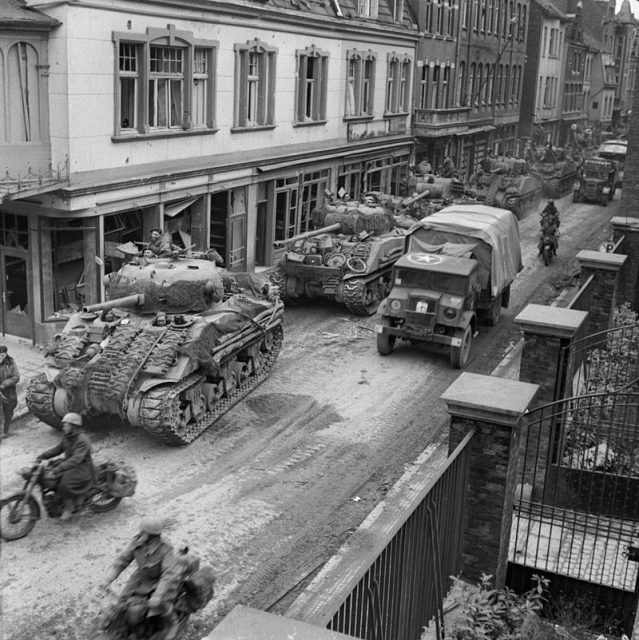
Outnumbered 8 to 1, Carter sought to even the odds by quickly killing the first six. Perhaps having realized their terrible mistake, the final two surrendered to Carter. It was at this point that the Germans began to resume fire in their direction. Drawing upon strength and ingenuity, Carter placed himself behind the captured Germans and moved across the open field. It was this act that would cause some to question the legality of his actions.
Fight to Survive and Fight to Win
Given the corporate brutality of World War Two, the actions of Carter using two POWs for cover seemed small in comparison. He was honored for his gallantry after the war and yet, due to his race, he was denied the nation’s highest military honor.
It was only after a modern review that Edward Carter was posthumously awarded the Medal of Honor by President Bill Clinton. Now a recipient of the nation’s highest military honor, some came to question the legality of Carter’s actions.
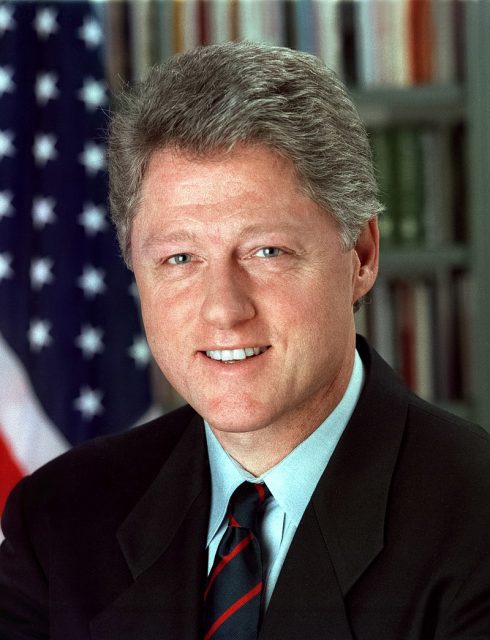
While it is an assumption, it is not a stretch to assume that those who question his actions never saw the carnage of World War Two. Moreover, given the atrocities of the Germans during the war, Carter’s bending of the rules of war seems proportionate and reasonable. After all, if the prisoners were indeed killed during the exchange it would have come from the Germans continuing to fire at them with little concern for their welfare.
Read another story from us: He Crashed his Plane to Save a Friend and Was Awarded the Medal Of Honor
Did this Medal of Honor Recipient break the rules of war? If so, does anyone care? It’s a debate for posterity, but the discernible truth is that Edward Carter will forever own his rightful place in military history.
